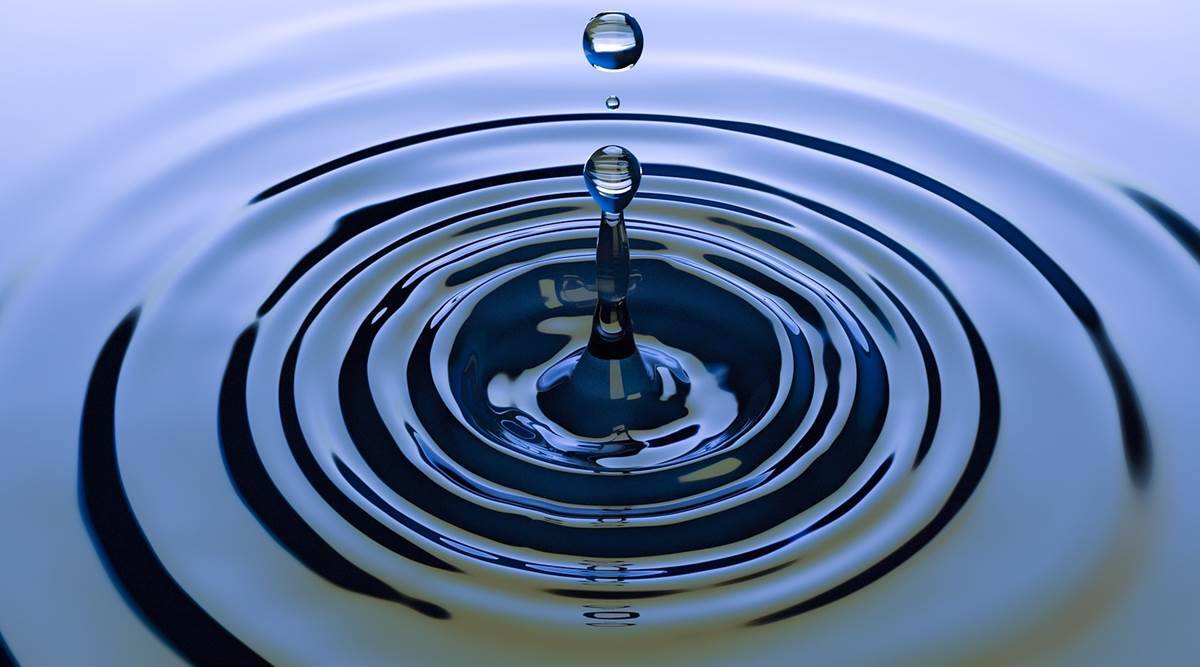Water the one substance that is indispensable to all living things.

Water makes up more than half of our own body weights.
Water is the most abundant chemical on Earth, with more than a billion billion tons of it covering 71 percent of the planet’s surface and probably another billion tons in those little plastic bottles that everyone carries around these days.
When even a little bit of it is discovered on another planet, astronomers grow giddy with speculation about the existence of extraterrestrial life. It is water, H2O, one of the simplest and most stable of all chemical compounds.
We normally think of water as a liquid, because that’s what it is throughout our most comfortable range of living temperatures: between, say, 40 and 80 degrees Fahrenheit (4 and 27 degrees Celsius). But as you know, at any temperature below 32 degrees Fahrenheit (0 degrees Celsius) it prefers to exist as the solid that we call ice.
And at any temperature above 212 degrees Fahrenheit (100 degrees Celsius) it prefers to exist in the form of vapor, an invisible gas, just like the nitrogen and oxygen gases in the air.(Water vapor isn’t steam. Steam is a cloud of tiny droplets of liquid water that are too small to fall out of the air.)
Water doesn’t have to reach its boiling temperature in order to turn at least partially into vapor. Wherever there is water there is water vapor in the air around it. We sometimes call it humidity, and it has far-reaching consequences in many aspects of our lives, far beyond making us uncomfortable in the summertime.
